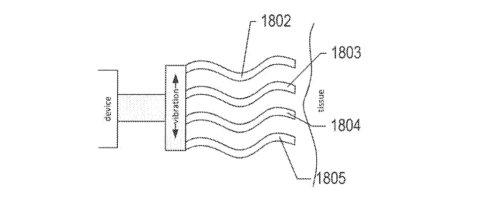by Dennis Crouch
The Federal Circuit recently denied a petition for mandamus seeking to overturn a district court order transferring a patent case from the Western District of Texas to the Northern District of California. In re Haptic, Inc., No. 2024-121 (Fed. Cir. June 25, 2024). This case was filed in Austin and assigned to Judge Robert Pittman with Haptic alleging that Apple's "Back Tap" feature on iPhones infringes U.S. Patent No. 9,996,738 relating to gesture detection systems. Haptic is headquartered in Austin at the home of its longtime CEO and listed inventor Jake Boshernitzan. The company was part of Techstars Austin Accelerator as it developed its product known as Knocki that allows users to tap on ordinary surfaces to control various actions on phones and other devices. Knock on wood. The patent and Knocki product are designed to expand touch interfaces beyond traditional touchscreens, potentially opening up new modes of interaction with smart devices and appliances. The '738 patent particularly issue covers systems and methods for detecting tapping or knocking gestures on surfaces to control electronic devices.
Apple also has a major presence in Austin, with about 10,000 Austin employees and a billion-dollar second headquarters campus in the city. Nevertheless, Judge Pitman
